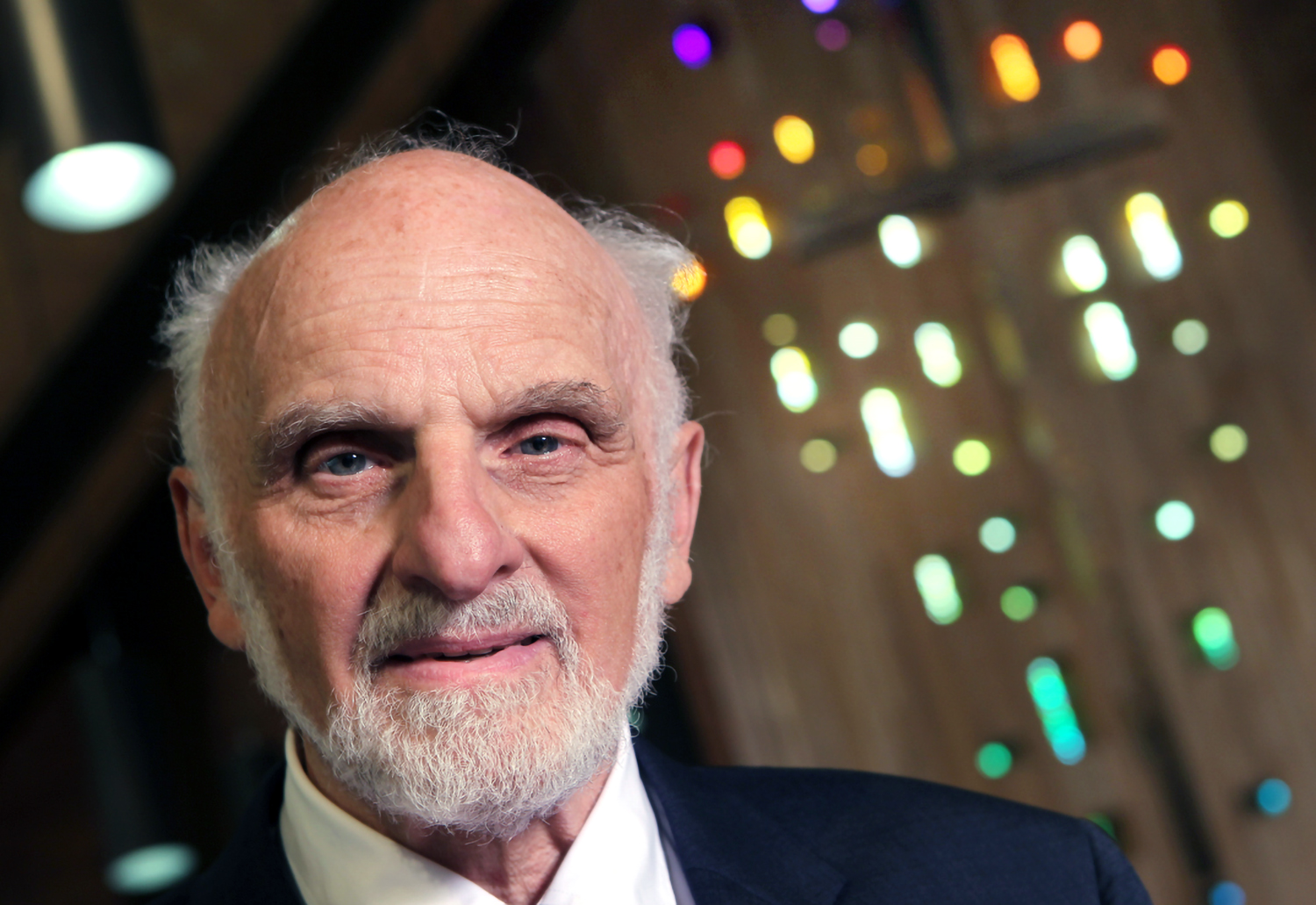
(RNS) — Walter Brueggemann, one of the most widely respected Bible scholars of the past century, died Thursday (June 5) at his home in Michigan. He was 92.
The author of more than 100 books of theology and biblical criticism, Brueggemann was professor emeritus of Old Testament studies at Columbia Theological Seminary in Decatur, Georgia, until his retirement in 2003.
His specialty was the Hebrew Bible and especially the Hebrew prophets, and his books were aimed primarily at clergy and church leaders. But through sermons, Brueggeman’s concepts, have become familiar to many churchgoers.
Though ordained, Brueggemann never served as a pastor of his own church. He was, however, a much sought after and eloquent preacher and lecturer.
“He had incredible way to discern what was happening in the world and the church and to speak into that with a much needed word,” said Conrad L. Kanagy, professor emeritus at Elizabethtown College in Pennsylvania, who wrote a biography of Brueggemann and edited some of his books.
Brueggemann’s books were broadly influential, especially in mainline Protestant circles. His 1978 “The Prophetic Imagination” sold more than a million copies and remains a classic that is still frequently assigned in mainline seminaries. In the book, he showed how the biblical prophets, called to imagine a different world, disrupted politics and the dominant culture and its assumptions.
Brueggemann himself was critical of American consumerism, militarism and nationalism.
“It is the vocation of the prophet to keep alive the ministry of imagination, to keep on conjuring and proposing future alternatives to the single one the king wants to urge as the only thinkable one,” he wrote.
Breuggemann was text-focused but resisted the dominant modes of biblical interpretation because they put distance between the reader and the text. He sought to help pastors hear God’s voice within the biblical text.
Brueggemann was born in Tilden, Nebraska, in 1933. His father, a pastor in the German Evangelical Synod of North America, ordained him. He and his brother, Ed, grew up in Blackburn, Missouri.
As a teenager, Brueggemann and his brother visited a Black church on the edge of town. It later influenced his commitment to social justice.
His academic journey began at Elmhurst College (now university), in Elmhurst, Illinois. He went on to study at Eden Theological Seminary and Union Theological Seminary. He received a Ph.D. in education from St. Louis University, while teaching at Eden Theological Seminary in St. Louis. He left Eden for Columbia Theological Seminary, a Presbyterian school, in 1986.
Brueggemann, however, remained an active minister in the United Church of Christ. He was a frequent speaker at its conferences as well as a mentor to countless church leaders.
He is survived by his wife, Tia, and by his sons James and John and their families.
RELATED: Grief and hope: The theological legacy of Walter Brueggemann
